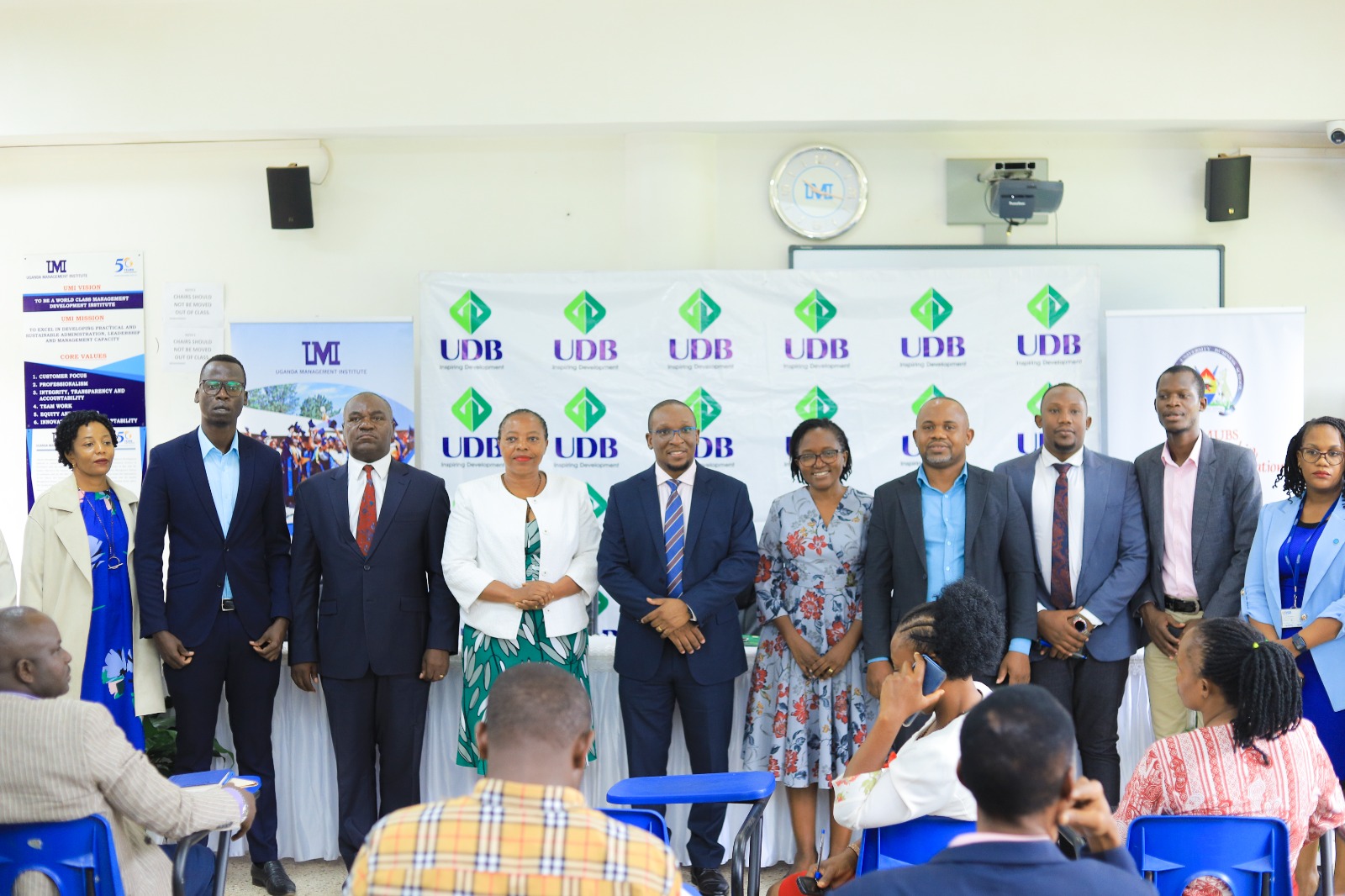By Arthur Matsiko
As science and technology keep advancing, fertility management isn’t left behind because new drugs are added to the stock.
Meanwhile, infertility continues to become a major global health concern as couples and individuals from all walks of society frequently visit fertility clinics to see a doctor.
Although it is a medical condition, some communities especially in Africa, will always tag traditional beliefs towards one’s struggle (and sometimes failure) to sire biological children.
It is unfortunate that in some cultures, infertility is perceived as entirely a woman’s problem even when there has been no scientific proof to this assertion.
I recently watched a documentary where a woman who had failed to conceive was referred to as “a dry piece of wood”.
This leaves many frustrated, especially with the scanty knowledge and information about infertility, its causes and possible remedies.
Today I will delve into the common question I have had to deal with as a communications officer of a fertility hospital that has branches in Kampala, Dar-es-Salaam and Lusaka.
Most people who reach to me usually ask: how much money can I pay to get a child? Direct as the question sounds, it denotes the wide information gap about the topic.
Fertility doctors will also tell you that most patients always show more concern about the monetary price for the treatment.
Research shows that a couple is considered infertile after more than a year in a childless marriage without using contraception.
So, before any consultations and medical checkups, nobody should conclude or shift the blame to the other.
Although a human being has no price tag, science can help us give birth to children where natural means have failed.
Recently, one ardent reader of his publication sent me a mail in response to one of my articles. He confessed to having failed to sire children with his wife 10 years after marriage.
His efforts to solicit funding from family, relatives and politicians to seek medication have all been futile. To note is the fact that one cannot understand the cost of treatment unless they have met the doctor for diagnosis.
The journey to fertility treatment begins with consulting the doctor; every hospital has its standard consultation fees.
And it is from this conversation with the doctor that will determine the next possible procedures.
One needs to understand there are many causes of infertility in both women and men, and remedies to individual causes have specific medications that have varying price tags.
For example; a woman who has Polycystic Ovarian Syndrome (PCOS) will not undergo same treatment as the woman who has Rokitansky syndrome.
Medically, PCOS is a rather mysterious endocrine abnormality that affects female reproductive performance, with effects on female health.
This abnormality can lead to infertility as well as long-term hazards such as type II diabetes, adverse lipid profile, coronary heart disease, hypertension and obesity.
Rokitansky is an abnormality in the female reproductive system that causes the vagina and uterus to be underdeveloped, or absent even when the external genitalia is normal.
So, although there are remedies to both conditions, the costs differ.
Whereas PCOS can be medically and/or surgically managed with the help of technologies such as in-vitro fertilisation (IVF), a woman who was born without a uterus will need a surrogate mother to have children.
Like in any other ailments, any couple or individual undergoing fertility treatment will need patience, faith and observing the doctor’s instructions.
Since we come from different social classes, some patients will promptly pay any amount of money for their treatment, while others have to spend time raising the required funds.
This is where strategic patience and faith are required. I will give you this case study of our client whose faith, like the Bible says, moved mountains.
Nakato (real name with consent) visited our hospital in 2016 to consult a doctor because she had spent about 21 years in a childless marriage.
When diagnosis revealed that her fallopian tubes were blocked, it was confirmation she could not conceive naturally.
That meant Nakato had to be prepared for assisted reproductive technologies. Ultimately, Dr Edward Tamale-Sali recommended IVF. To a secondary school teacher, the cost for IVF was very expensive compared to her earnings.
With assurance that she would get treated, unrelenting Nakato went back home and returned after two years, ready for treatment. She was aged 44, and felt time was against her because she was edging menopause.
But due to her resilience, patience and faith in this journey, Nakato conceived through IVF.
Six eggs were removed from her ovum, and fertilized with her husband’s sperm in a test tube. The embryos were later implanted into her uterus, and five of the six ovaries matured into babies.
As I write this, she is a happy mother of quintuplets (five babies) who will make their second birthday this September. From the above cases, you will realise that it is not entirely about the money for medication.
Many factors work together to determine the final goal. But one thing is for sure: your treatment journey begins at consultations with a fertility doctor.
The author is Communications Officer, Women’s Hospital International and Fertility Centre, Bukoto-Kampala
marthur@womenshospital.net













